

Knowledge
Why Vitamin D matters for fertility
Vitamin D is a very important nutrient to keep our bodies healthy and working as they should. But did you know that about 50% of the world’s population have a vitamin D deficiency? Not getting enough vitamin D at any point in life can have serious health consequences, and studies show that vitamin D deficiency can reduce the chances of a healthy pregnancy as well. In this factsheet, you’ll learn what this vitamin is all about and why it matters so much, as well as where to get the recommended daily amount.
Here’s what we cover:
What Is Vitamin D?
Vitamin D is a key vitamin that our bodies need to stay healthy. It’s both a nutrient that we can get from foods as well as a hormone that our bodies produce. In foods and dietary supplements, vitamin D is found in 2 forms: vitamin D2 and vitamin D3. Our bodies don’t make vitamin D2, but we can get it from foods. We make vitamin D3 when we spend time in the sun, which is why it’s often called the ‘sunshine’ vitamin. So, getting enough vitamin D sounds simple enough, right? Unfortunately, the reality is not all that sunny!
Vitamin D Deficiency
Almost half of the people around the globe are vitamin D deficient. People who don’t spend enough time in the sun are more likely to have a vitamin D deficiency. According to the World Health Organization, you should expose your face and arms to sunshine for about 30 minutes a day (while avoiding sunburn). Of course, this isn’t always possible for a few different reasons.
Firstly, our busy lifestyles and modern work environments often mean that we spend more time indoors. And when we do spend time outdoors, covering up with clothes and sunscreen reduces the amount of vitamin D our skin can absorb.
Secondly, in some parts of the world (like Germany and Austria where most LEVY users are based), the sun just doesn’t shine enough in the winter to give us the vitamin D that we need. Our bodies can store some extra vitamin D from the summer sun, but it’s still not enough to get us through the winter. And the winter sun in Europe isn’t strong enough to fill up our storage. Besides, the cold winters in Europe aren’t exactly inviting to expose your bare skin to 30 minutes of sun!
Some people are at higher risk of having a vitamin D deficiency, these risk factors include:
- Darker skin (because darker skin doesn’t make as much vitamin D from sunlight)
- Covering your skin
- Obesity
- Pregnant mothers with a winter due date
- Women at risk of pre-eclampsia
- Weight loss surgeries
- Certain health conditions: kidney and liver diseases and cystic fibrosis
Certain medications: laxatives, steroids, drugs to lower cholesterol, seizure meds, rifampin (for tuberculosis), and orlistat (for weight loss)
Signs and Symptoms of Vitamin D Deficiency
The early symptoms of vitamin D deficiency are so subtle that you may not notice them or show any signs at all. But they may include:
- Fatigue
- Pain in your bones
- Weak muscles, aches and cramps
- Depression
Why Is Vitamin D Important?
Vitamin D has many important functions in your body. It helps you absorb calcium and phosphate, two nutrients which keep bones, teeth and muscles strong and healthy. A lack of vitamin D can lead to weak, brittle bones. Children and newborn babies can develop a condition called rickets, where their bones are soft and deformed. Low amounts of vitamin D and calcium can also lead to osteoporosis in older adults.
Furthermore, Vitamin D reduces inflammation and helps protect you from a number of health conditions, including:
- Heart disease
- High blood pressure
- Diabetes
- Infections
- Immune system disorders
- Colon, prostate, and breast cancer
- Multiple sclerosis
Sources of Vitamin D
Not many foods contain vitamin D naturally, which is why some have the vitamin added in.
Here are some of the foods that have vitamin D:
- Mushrooms: good source of vitamin D!
- Meat products: level of vitamin D depends on how much of the vitamin the animal had in their diet.
- Fish: trout, salmon, tuna, mackerel, and fish liver oils are a good source of vitamin D!
- Other animal products: beef liver, egg yolks, and cheese also have some vitamin D.
Foods fortified with vitamin D include:
- Milk products
- Cereals
- Fat spreads
- Meat products
You’ll usually see on the food label if vitamin D has been added in.
So, how much vitamin D does a woman need? Because it’s hard to get all of the vitamin D we need from food alone, the World Health Organization recommends that everyone, regardless of whether or not you’re trying to get pregnant, should take a vitamin D supplement daily to ensure you’re getting enough of this key nutrient.
These are the recommended amounts for different age groups:
- 5 µg or ≥ 200 International Units (IU) for children and adults up to age 50 (including. pregnant and lactating women)
- 10 µg (400 IU) for adults aged 51-65
- 15 µg (600 IU) for people over 65
Some health services recommend that women get checked for vitamin D deficiency at the beginning of their pregnancy, especially those who are at higher risk of being vitamin D deficient.
How Does Vitamin D Deficiency Affect Fertility?
You may wonder, why does vitamin D matter for pregnancy? Research shows that vitamin D levels and fertility are closely linked. Studies of women with fertility problems have found that up to half of these women have a vitamin D deficiency.
A comprehensive review of research on levels of vitamin D in women undergoing IVF treatment showed that those who had lower levels of vitamin D were less likely to have a live birth than women with healthy vitamin D levels. Moreover, vitamin D matters for the time to pregnancy too: Women with healthy vitamin D levels are more likely to get pregnant quicker with IVF, studies show.
But that’s not the only way vitamin D, pregnancy, and fertility are related. Women with polycystic ovary syndrome (PCOS), which is a major cause of female infertility, tend to have lower vitamin D levels. Vitamin D deficiency can also increase the risk for high blood pressure during pregnancy, which can lead to complications.
Finally, not having enough vitamin D is related to male fertility too: some studies have found that low levels are associated with poor semen quality and reduced chance of getting a partner pregnant.
Diagnosis and Treatment of Vitamin D Deficiency
Treating vitamin D deficiency through supplements is easy and inexpensive, but the issue is that so many people don’t know that they have a deficiency. The only way to know for sure if you are vitamin D deficient is with a blood test. When your body metabolizes vitamins D2 and D3, you make 25-hydroxyvitamin D (also known as calcidiol). The blood test measures the levels of your 25-hydroxyvitamin D to see if they are too low. Part of the LEVY Fertility Code includes a test for vitamin D levels. If you are recommended to get this blood test, we’ll go over the results with you.
Takeaway
Vitamin D deficiency is a common cause of fertility issues. If you’ve been trying to conceive for a while without luck, consider getting a blood test for vitamin D deficiency. Thankfully, it’s very easy to treat with daily supplements.
Sources
- J Pharmacol Pharmacother. 2012 Apr-Jun; 3(2): 118–126. doi: 10.4103/0976-500X.95506. https://www.ncbi.nlm.nih.gov/pmc/articles/PMC3356951/
- Vitamin D (eshre.eu). Vitamin D linked with better live birth rates in women undergoing assisted reproduction treatment: researchers call for a randomised controlled trial to investigate. European Society of Human Reproduction and Embryology. Accessed 21st of November 2021.
- Chu J et al: Vitamin D and assisted reproductive treatment outcome: a systematic review and meta-analysis. Human Reproduction, Volume 33, Issue 1, January 2018, Pages 65–80.
- World Health Organization. (2005). Vitamin and mineral requirements in human nutrition, 2nd ed. World Health Organization. https://apps.who.int/iris/handle/10665/42716
- Vitamin D – Health Professional Fact Sheet (nih.gov). National Institutes of Health, Office of Dietary Supplements. Vitamin D Factsheet for Health Professionals. Accessed 18th of November 2021.
- Eur J Endocrinol 2012. May;166(5):765-78. doi: 10.1530/EJE-11-0984. Epub 2012 Jan 24. Vitamin D and fertility: a systematic review – PubMed (nih.gov).
- Vitamin D Deficiency. Cleveland Clinic. 2019. Accessed 28th January 2022.
- Tartagni M et al: Males with low serum levels of vitamin D have lower pregnancy rates when ovulation induction and timed intercourse are used as a treatment for infertile couples: results from a pilot study. Reproductive Biology and Endocrinology. 2015;13:127.
You might also like...

Female hormones: What you need to know about reproductive hormones, the menstrual cycle, and fertility
When you’re struggling with fertility, one of the first places to look is your hormones. Certain vital reproductive hormones are in charge...
Silvia Hecher
January 17, 2024
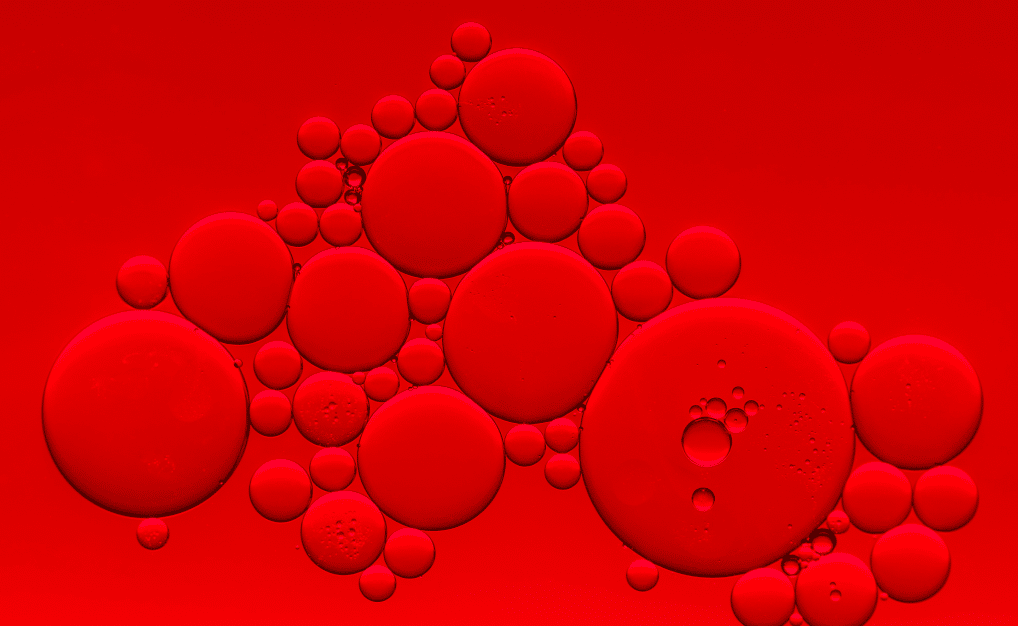
Fertility blood test: Why does it need to be cycle days 2-5?
When you test your fertility with LEVY, you will always check your basic reproductive hormone levels (including FSH, LH, TSH, Prolactin, Estradiol,...
Lena
September 8, 2022
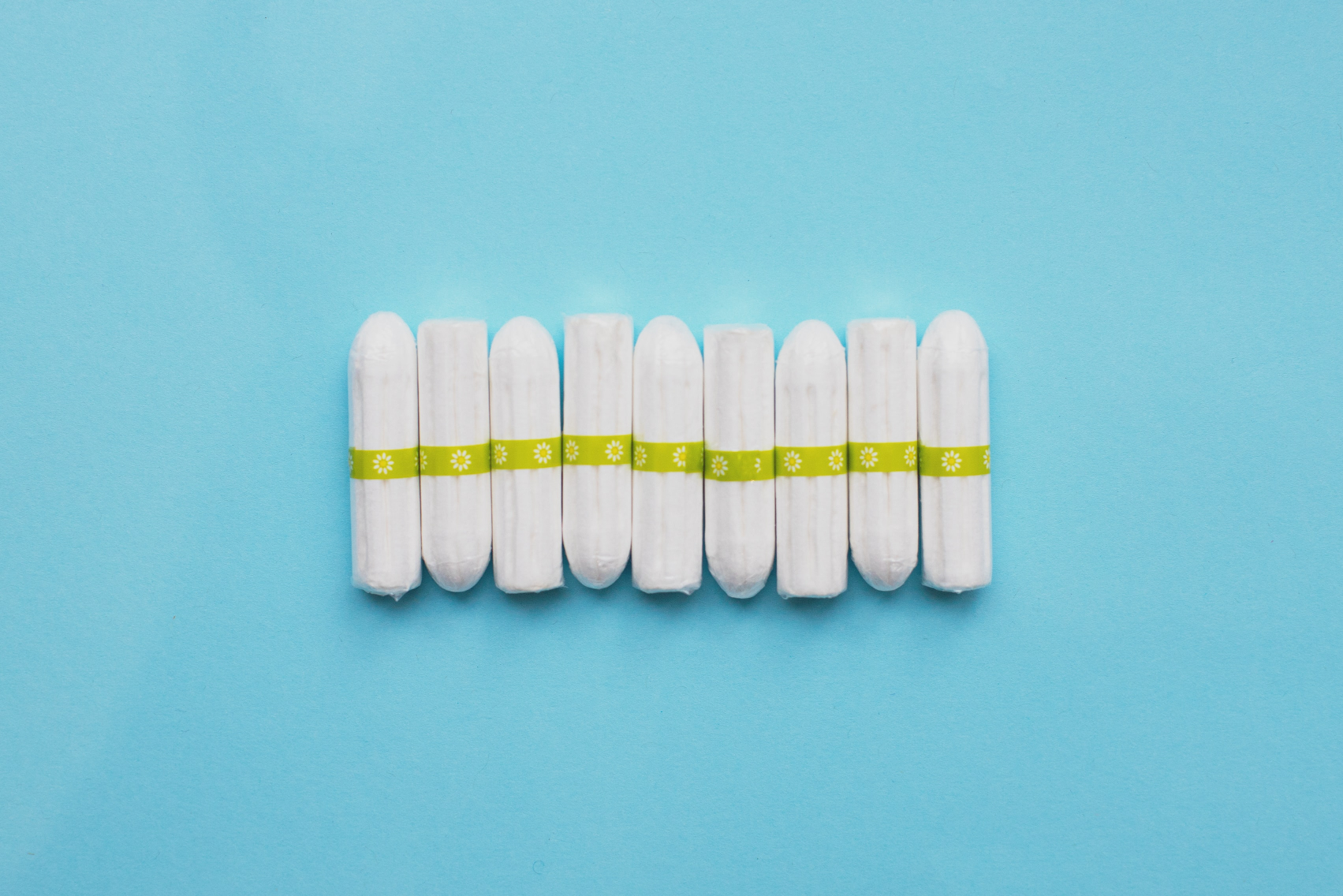
Forms of amenorrhea and fertility
Not getting your period is a condition called amenorrhea. It’s important for fertility because not having a menstrual cycle with monthly ovulation...
Lena
January 18, 2022
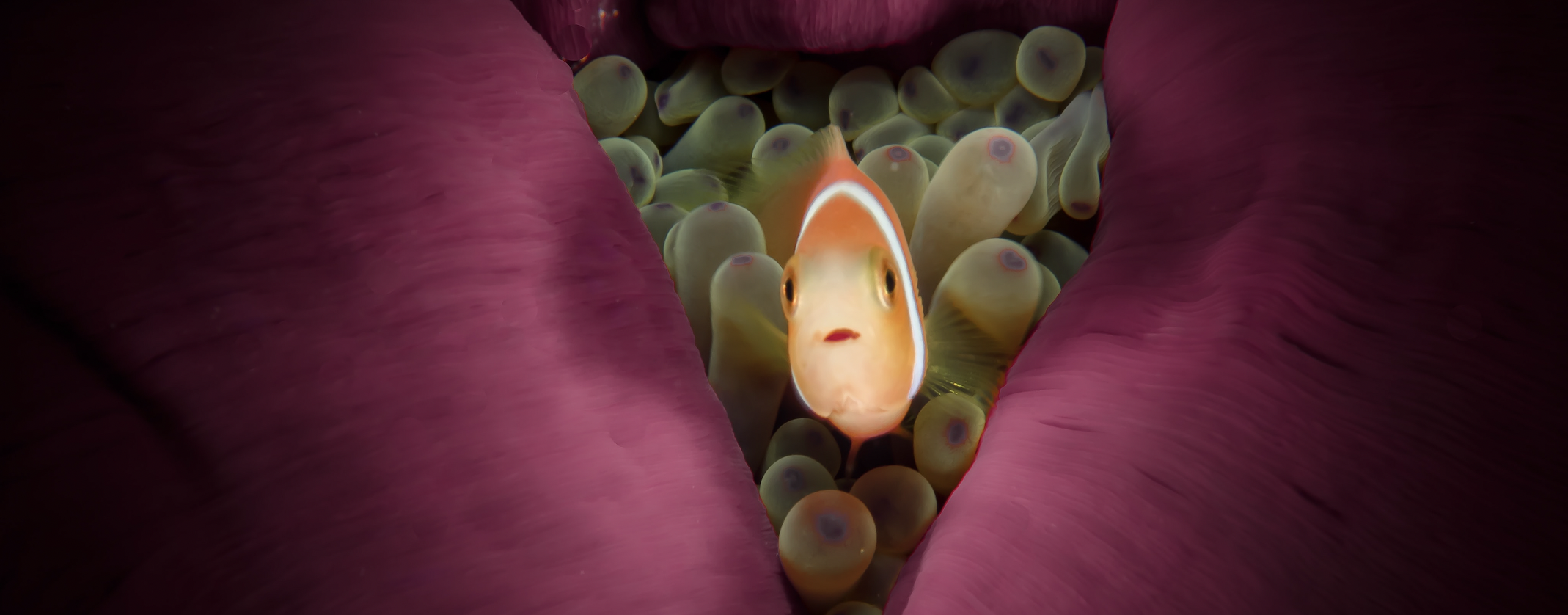
6 Interesting Facts About Ovaries You Might Not Know
Women have two ovaries which are located on either side of the uterus. They’re around 3-5 cm long – about the size...
Kayla
April 20, 2022

What to expect when testing your fertility with LEVY
If you’ve been trying to conceive for a while, it’s totally normal to feel frustrated. Why hasn’t it happened for you yet,...
Kayla
February 3, 2022
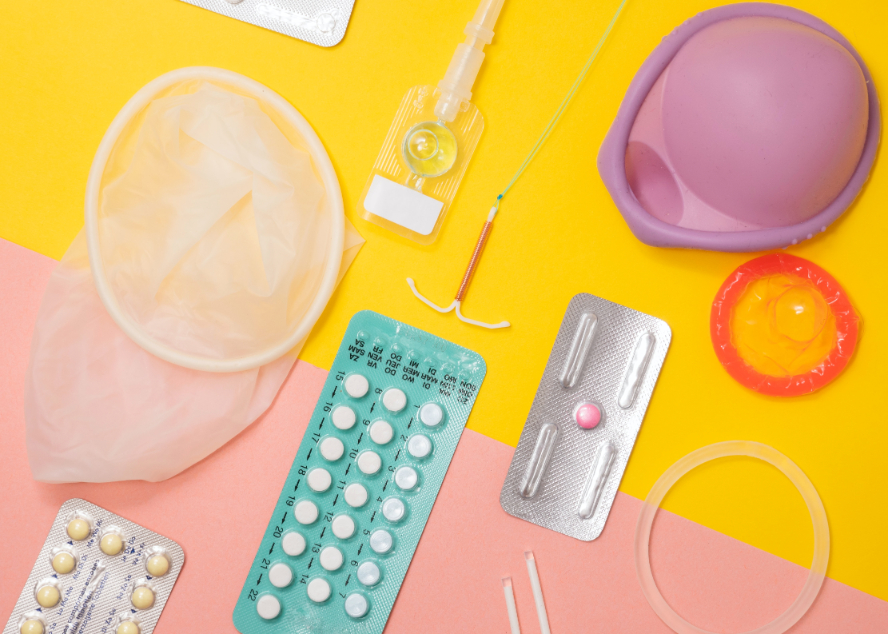
Your Complete Guide to Birth Control Options and Fertility
If you’ve been using birth control for a while, you may be wondering how it can impact your fertility now that you...
Kayla
February 21, 2022
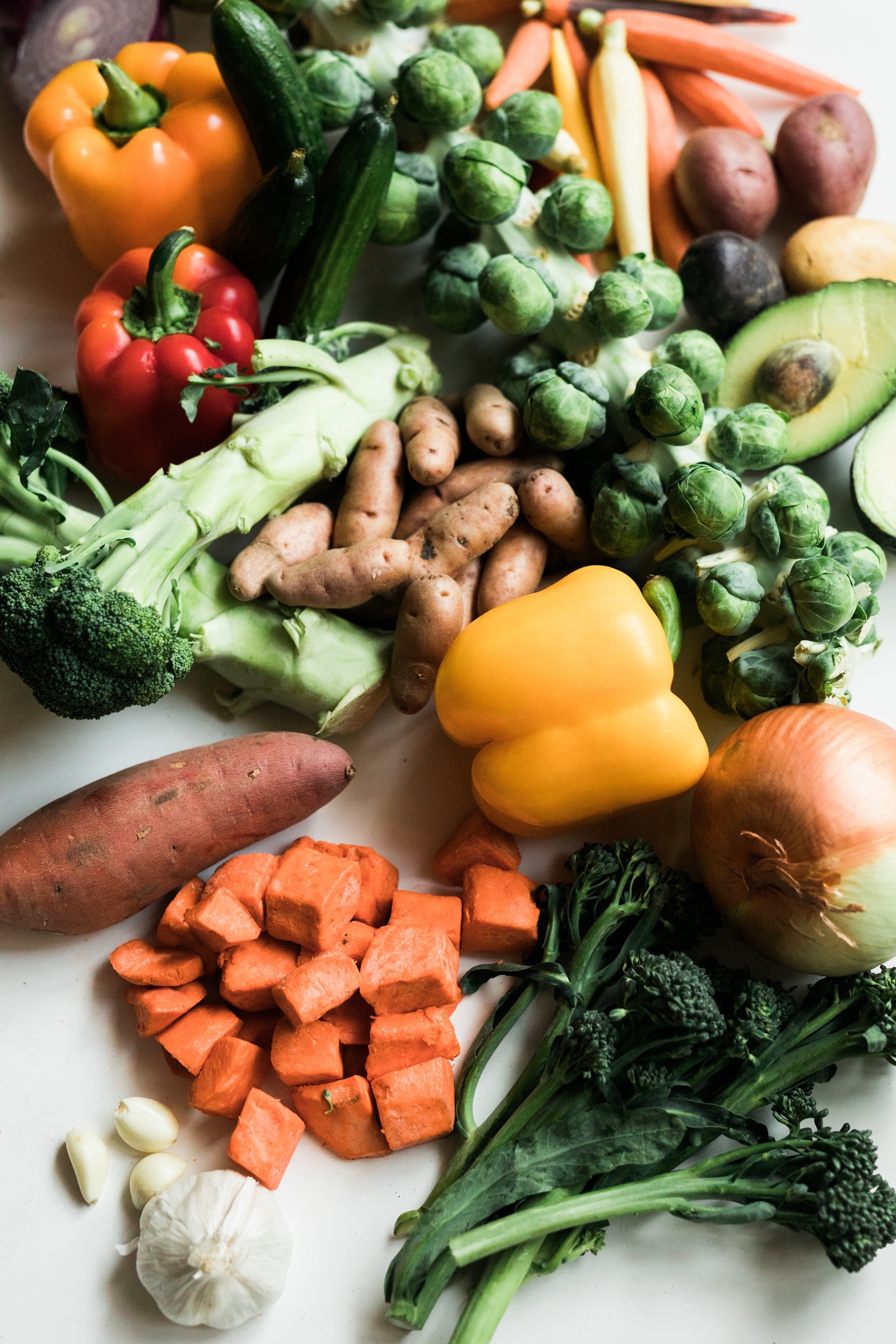
Fertility Foods for Women to Help You Get Pregnant Faster
How you nourish your body is key not only when you have a baby in your belly, but also to help prepare...
Kayla
March 22, 2022

What your AMH levels can tell you about fertility
FSH, LH, estrogen, progesterone… If you’re struggling to have a baby, you’re probably becoming an expert on all things hormones. AMH is...
Lena
August 25, 2022

Why Vitamin D matters for fertility
Vitamin D is a very important nutrient to keep our bodies healthy and working as they should. But did you know that...
Kayla
January 18, 2022




